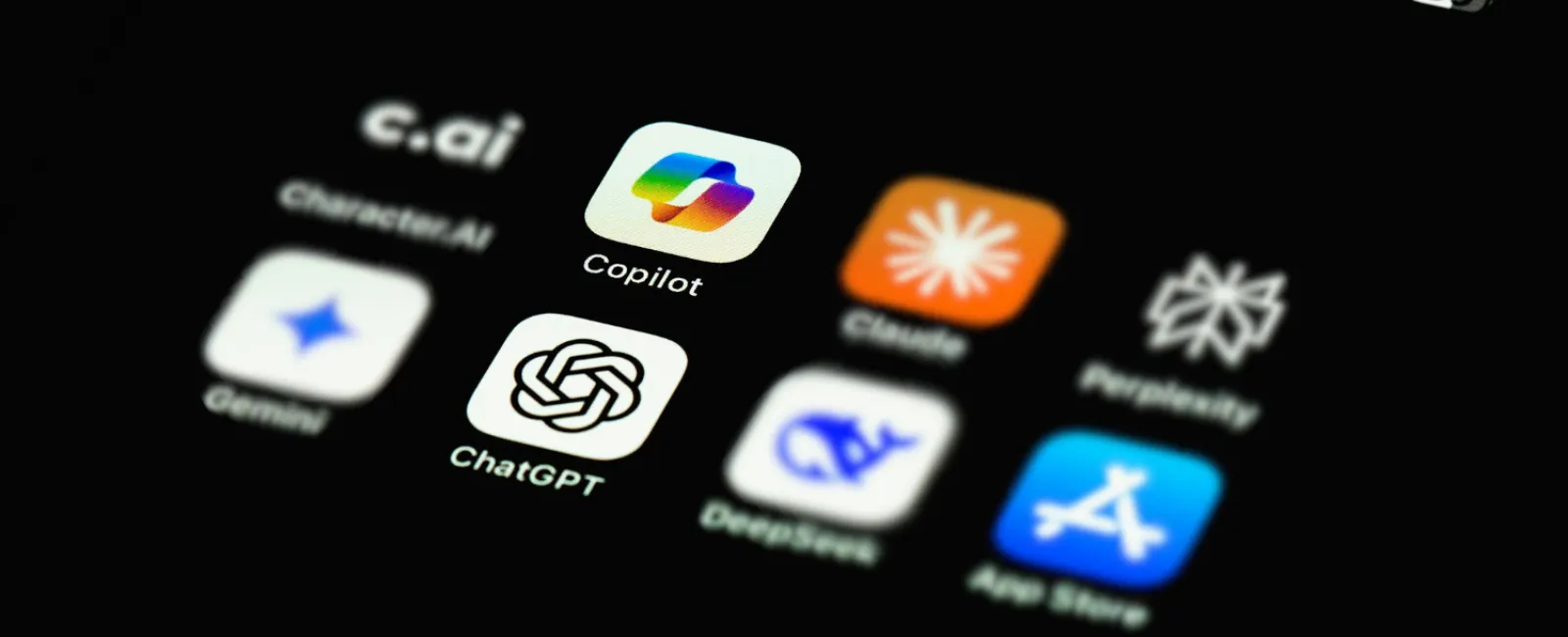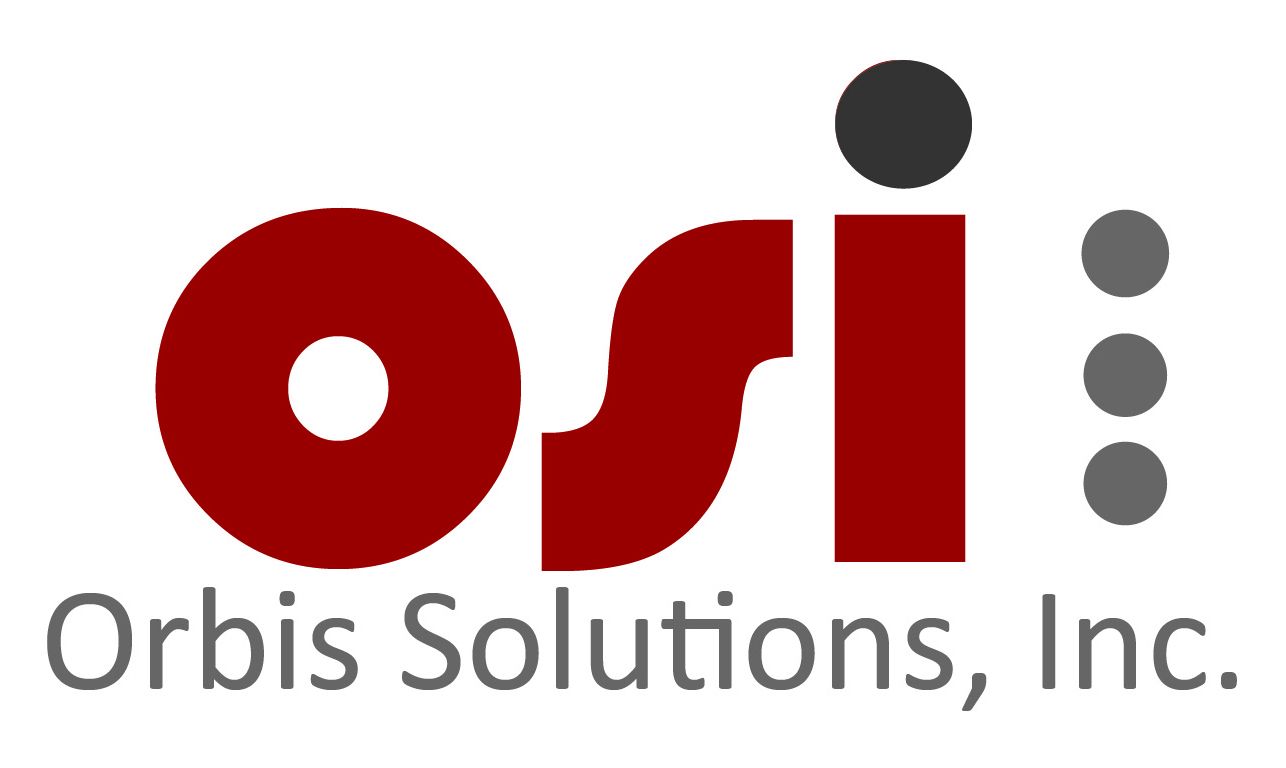August 21, 2025
AI Tools in the Workplace: A Growing Security Concern
AI assistants like ChatGPT and Microsoft Copilot are transforming how businesses work—but they're not created equal when it comes to security. For companies handling sensitive information or operating under strict compliance frameworks, choosing the right AI platform can mean the difference between a productivity boost and a regulatory disaster.
In this post, we'll break down the key differences between ChatGPT (Paid) and Microsoft Copilot (Paid) from a cybersecurity and compliance perspective. If your business handles financial data, regulated communications, or customer PII, read this before your team hits "paste" in an AI chat window.
1. Data Access and Governance: Who Can See What?
Microsoft Copilot is integrated directly into the Microsoft 365 environment. That means it respects your existing user permissions—Copilot can only access files and emails that a user already has access to. It runs on Azure OpenAI services, keeping your data within Microsoft's enterprise cloud. Importantly, your inputs are not used to train the AI model.
ChatGPT, unless used via ChatGPT Enterprise or Team, does not operate with the same level of governance. While OpenAI offers opt-out settings, any data shared through ChatGPT's consumer platform may be stored or used for future model training—unless users manually disable this feature. For organizations without strict AI usage policies, this poses a major risk.
2. Risk of Accidental Data Leakage
One of the most common misuse scenarios with ChatGPT is employees unintentionally pasting sensitive data—like client contracts or internal communications—into the platform. Even well-meaning staff may not realize that this data could be retained or exposed through future interactions.
Microsoft Copilot significantly reduces this risk. It operates within your organization's Microsoft ecosystem, is governed by built-in compliance controls, and supports Microsoft Purview for data loss prevention (DLP). Admins can audit usage, restrict access to high-risk apps, and enforce enterprise-wide data handling policies.
3. Enterprise-Grade Security Features: A Side-by-Side Comparison
Feature |
Microsoft Copilot (Paid) |
ChatGPT (Paid) |
Data Residency & Isolation |
Tenant-specific, no data sharing |
Shared infrastructure unless on Enterprise tier |
User Data Used for Training |
No (Azure OpenAI) |
Yes, unless opted out |
Access Control |
Inherits Microsoft 365 permissions |
Relies on end-user behavior |
Audit Logs & Monitoring |
Fully integrated with Microsoft 365 |
Limited unless on Enterprise API |
DLP Integration |
Yes, via Microsoft Purview |
No native DLP; requires external tools |
API Security |
Microsoft Graph with OAuth, RBAC |
Public APIs with variable control |
4. Threat Vectors and Misuse Potential
ChatGPT's flexibility makes it a double-edged sword. While it's capable of helping with documentation, scripting, or ideation, it has also been misused for phishing, malware creation, and even deepfake generation. Despite OpenAI's efforts to block malicious use, jailbreaks and workarounds remain common.
Microsoft Copilot is more tightly sandboxed. It operates within enterprise applications like Outlook, Excel, and Teams—limiting its exposure to misuse. Because it's built for business environments, Copilot has fewer vectors for abuse and benefits from Microsoft's existing identity and threat protection tools.
5. Compliance and Legal Exposure
When it comes to audits, insurance claims, or breach investigations, having the right controls in place is critical.
Microsoft Copilot is built with compliance in mind. It supports alignment with standards like HIPAA, GDPR, and ISO 27001—and is backed by Microsoft's enterprise-grade legal and regulatory frameworks.
ChatGPT, by contrast, lacks built-in compliance features outside of its Enterprise version. For businesses in industries like gaming, finance, or insurance—where audits and regulatory scrutiny are frequent—this can create significant legal exposure.
Final Recommendation: Go with the Platform Built for Business
If your organization operates in a regulated industry or handles sensitive customer data, Microsoft Copilot is the safer, more compliant option. It delivers advanced AI features while respecting existing access controls, offering audit visibility, and supporting enterprise security policies.
ChatGPT is a powerful tool—but using it safely requires strict governance, clear policies, and vigilant user training. Without those, it becomes a liability.
Need help evaluating your AI risk posture or enforcing safer AI usage across your organization? Look to a managed IT services provider that you can trust. Orbis Solutions can help you assess your current environment, deploy compliant AI tools, and ensure your cybersecurity and compliance stack is up to date.
Click Here or give us a call at 702-745-9468 to Book a FREE 10-Minute Discovery Call
Key Takeaways
- Microsoft Copilot aligns with enterprise security and compliance requirements out of the box.
- ChatGPT introduces risk without strong guardrails and opt-out configurations.
- For organizations with regulatory obligations, Copilot is the safer choice for AI adoption.




